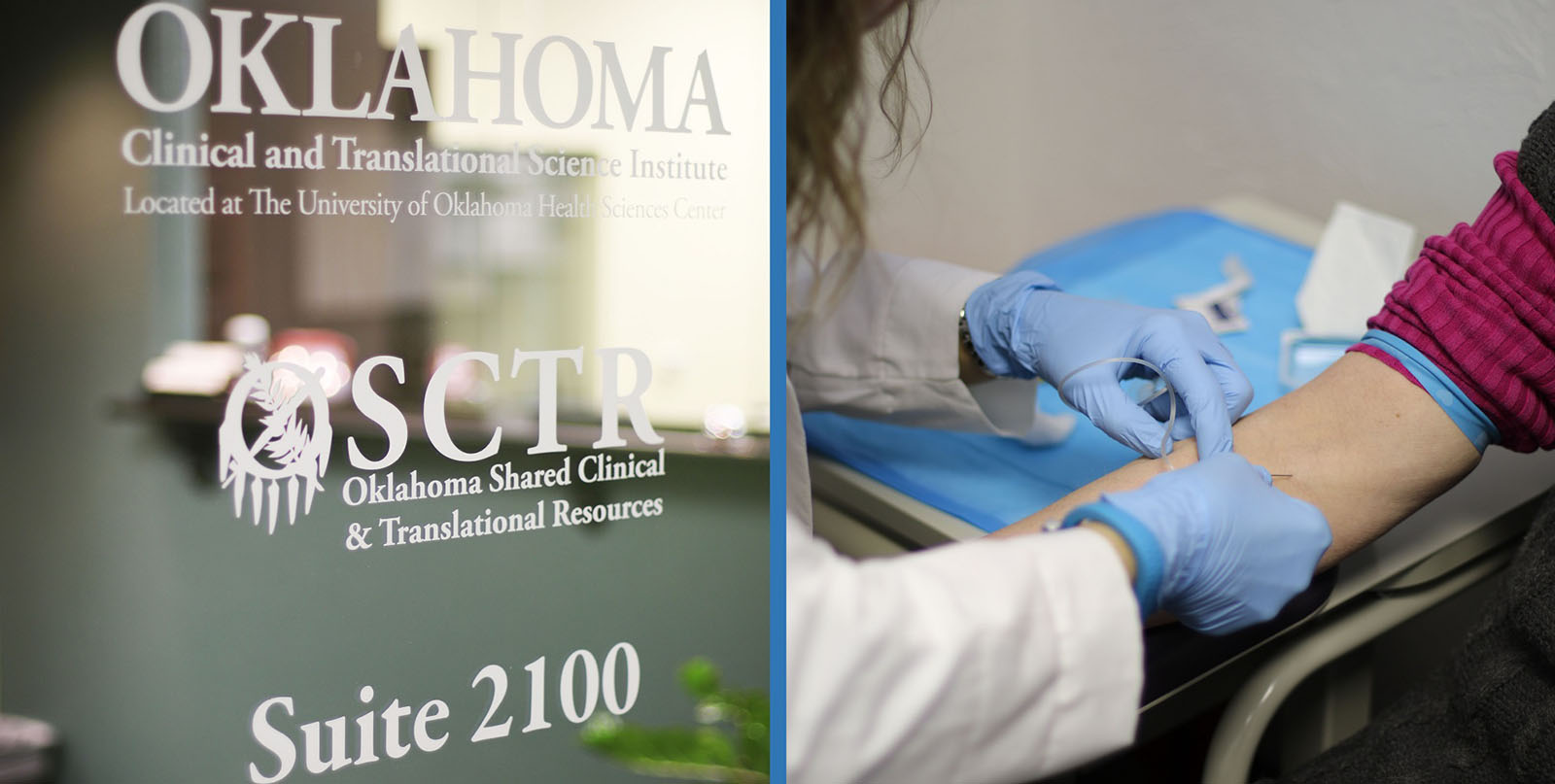OCTSI Director elected to National Academy of Medicine
Judith A. James, M.D., Ph.D., associate vice provost for clinical and translational science and professor of medicine at the University of Oklahoma Health Campus, has been elected to the National Academy of Medicine for her work in the field of autoimmunity and autoimmune disorders.
She is the first woman from an Oklahoma institution – and fifth overall Oklahoma-based scientist – to be selected for this prestigious honor, which is widely considered one of the highest honors in the fields of health and medicine.











